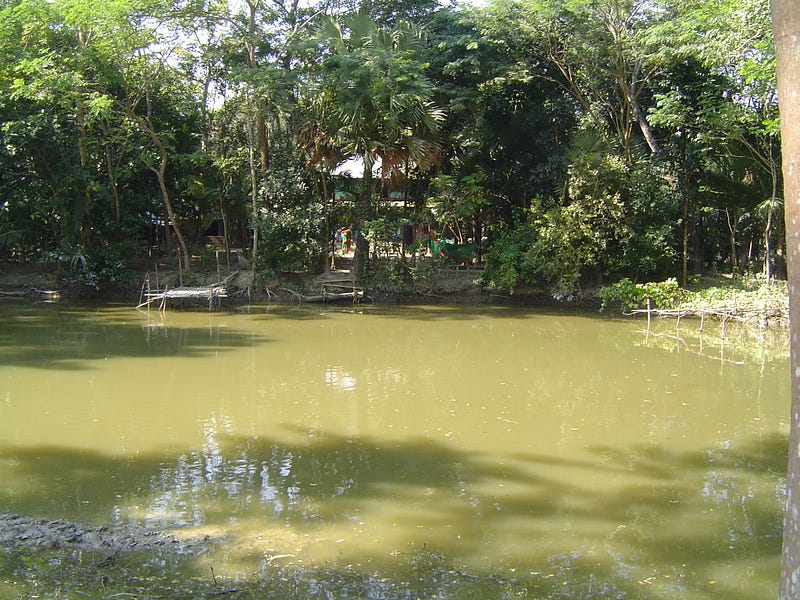Navigating Climate Challenges in Bangladesh: A Personal Reflection
Written on
Chapter 1: Personal Insights on Climate Change
Bangladesh holds a special place in my heart, particularly through my father's stories. He often spoke of the challenges faced in his homeland: the pollution plaguing the Ganges River, the refreshing spiced beverages that local farmers in Barisal consumed to cope with the heat, and the ferocity of the monsoon season, which could wash away homes, ruin crops, and even claim lives in devastating floods.
While monsoons have always been a part of life in Bangladesh, their intensity is escalating. This shift is understandable; as greenhouse gases accumulate in the atmosphere, they trap more moisture, leading to heavier rainfall.
The issue extends beyond local weather patterns. The Hindu Kush Himalayas, often dubbed the "third pole" due to their vast ice reserves, are experiencing rapid glacial melt. Scientists studying the cryosphere estimate that these glaciers could lose up to 75% of their mass by the century's end, jeopardizing water supply for 1.65 billion people living in the downstream river basins, including the Ganges. Consequently, Bangladesh stands as one of the most at-risk nations in terms of climate change impacts.
The primary culprits of this crisis are the top three carbon emitters: the U.S., India, and China. The emissions primarily stem from fossil fuel consumption; the more fossil fuels we utilize, the greater the atmospheric warming. This warming triggers melting ice at the poles, leading to darker land surfaces that absorb more heat, rising ocean temperatures, increased sea levels, and coral die-offs. The cycle of destruction is evident.
What can be done? Dr. Zach Brown, Co-Executive Director of the Tidelines Institute, provided crucial insights during a talk at my LFA climate fellowship with Terra.do. He emphasized that while we possess ample climate science and technology to mitigate emissions—evidenced by a 40% drop in solar energy prices over the past decade—the real challenge lies in dismantling the connections between fossil fuel corporations and government policies that perpetuate fossil fuel dependency. This interdependence benefits a select few financially, while ordinary lives—like that of a rickshaw driver in Feni—are submerged under increasing floodwaters.
Despite my disagreements with various government actions, I recognize the Biden administration's climate agenda as the most ambitious in U.S. history. The passage of the Inflation Reduction Act (IRA) represents a significant investment in green energy initiatives. Supporting Kamala Devi Harris in the upcoming election is vital, as she carries the legacy of this progressive climate agenda. Additionally, her background as a woman of Jamaican and Indian descent, with "Devi" meaning "goddess" in Sanskrit, adds a meaningful dimension to her candidacy.
Section 1.1: The Climate Crisis in Bangladesh
Bangladesh's vulnerability to climate change is stark. The increasing frequency and severity of natural disasters highlight the urgency for action.

Subsection 1.1.1: Voices from the Ground
To better understand the impact of climate change on Bangladesh, we can turn to expert insights.
The first video, "Misreading Climate Change in Bangladesh" by Camelia Dewan, sheds light on the misconceptions surrounding climate issues in the country, emphasizing the need for accurate representation and understanding.
Section 1.2: Solutions and Policies
Addressing climate change requires a multifaceted approach that includes technological advancements and political will.
The second video, "Climate refugees in Bangladesh" by DW Documentary, explores the plight of those displaced by climate impacts, calling for urgent policy measures to support vulnerable populations.